Swiping Away Our Sanity: How Modern Dating Culture is Making Us Miserable
After the end of my most significant relationship, without much thought I took years off any sort of dating, flirting or romance, it came naturally to me to withdraw. When I started to open again, I thought I’d find excitement and connection. Instead, I found myself questioning my worth more often than celebrating new possibilities.
Humans are naturally wired to seek connection in many forms: romantic, familial, friendships, professional, and community. However, the rise of social media, dating shows, and dating apps has introduced new and often challenging dynamics to modern relationships. These platforms have fostered an unhealthy emphasis on romantic connections, prompting us to prioritize dating in ways that disrupt the natural rhythm of our lives.
Dating apps increase the velocity and frequency with which we’re thinking about people, planning dates, and evaluating our own worthiness as a partner. Think about it, you’re in a meeting, grocery shopping or focused on a project and suddenly you get pulled out of the flow because you got that notification. One is pulled out of real life and finds their focus on romantic connections disproportionately to other parts of life. Romantic love, admiration, sex, and all of the related experiences make us feel alive — but they are not the only experiences that do so. When dating apps dominate our attention, we risk neglecting other vital aspects of life that bring us joy and fulfillment, such as friendships, personal growth, hobbies, and community.
Social media has become the modern community square, where people publicly share their relationship milestones, advice, and struggles. On one hand, it’s a place to celebrate happy relationships and offer support, but it can also generate longing, jealousy, or inadequacy in its audience. These behaviors aren’t inherently harmful, but when combined with our cultural obsession with finding “the one,” the pressures of multi-dating, accelerated timelines for decision-making, and the constant stream of matches, dates, and possibilities, they create a perfect storm for emotional exhaustion. For many modern singles, this convergence of factors turns dating into a source of frustration and misery rather than connection and joy.
Dating apps also frame every interaction with an explicitly romantic subtext. Because you meet someone on a dating app, you automatically evaluate them as a potential romantic partner, even when they might be better suited as a friend, collaborator, or professional contact. The stakes are always romantic, which prevents other types of meaningful connections from being realized. This rigid framing narrows the possibilities of human relationships and overlooks the value of meeting people for reasons beyond romance.
Adding to these challenges is the pressure society places on people based on their age. Women, for example, often feel an overwhelming urgency to find a partner before they “expire” at 30 — a damaging narrative rooted in outdated ideals about fertility and desirability. Meanwhile, men in their 30s and 40s face criticism for “not knowing what they want,” with an expectation that they should be ready to settle down simply because of their age. These pressures overlook the importance of emotional maturity, personal readiness, and individual life paths. They push people into relationships for the wrong reasons, often before they’ve done the personal work necessary for a healthy, fulfilling connection.
Additionally, the convergence of dating apps and dating shows has reshaped dating customs in the modern age. They have normalized multi-dating as standard behavior, even in the early, casual stages of getting to know someone. While multi-dating is not inherently right or wrong, it does not work for everyone. For some, it adds unnecessary stress or detracts from the emotional energy they want to invest in a single connection at a time. This normalization can make those who prefer a more focused approach feel out of step with modern expectations.
Reality shows like The Bachelor, Love is Blind, and Love Island further exacerbate this by dramatizing multi-dating and creating unrealistic timelines for forming meaningful relationships. These shows suggest that juggling multiple romantic connections is the norm, adding to the pressure to perform in dating rather than genuinely connect.
This is not to say that dating in the past was without its issues, far from it. However, many agree the current system isn’t working. It often leads to grief, frustration, and feelings of inadequacy or loneliness, rather than fostering meaningful connections. We need to rethink how we approach relationships, allowing them to emerge more organically, without the constant romantic subtext, societal pressures, or assumptions about what works for everyone.
So what’s a better approach? It starts with the personal journey toward authenticity. The most helpful starting point in dating is understanding your own beliefs, expectations, needs, desires, and behavior. Without that clarity, it’s easy to get swept up in external pressures, whether from dating apps, social media, or cultural expectations, rather than moving in a way that truly aligns with you.
Finding personal alignment is not a conclusion but an ongoing, lifelong process. Ultimately, the healthiest approach to dating is one that feels sustainable, nourishing, and expansive. Not one that leaves us exhausted or disillusioned. When we stop forcing connection and start approaching it from a place of wholeness, we create space for relationships that feel natural, mutual, and deeply fulfilling.

